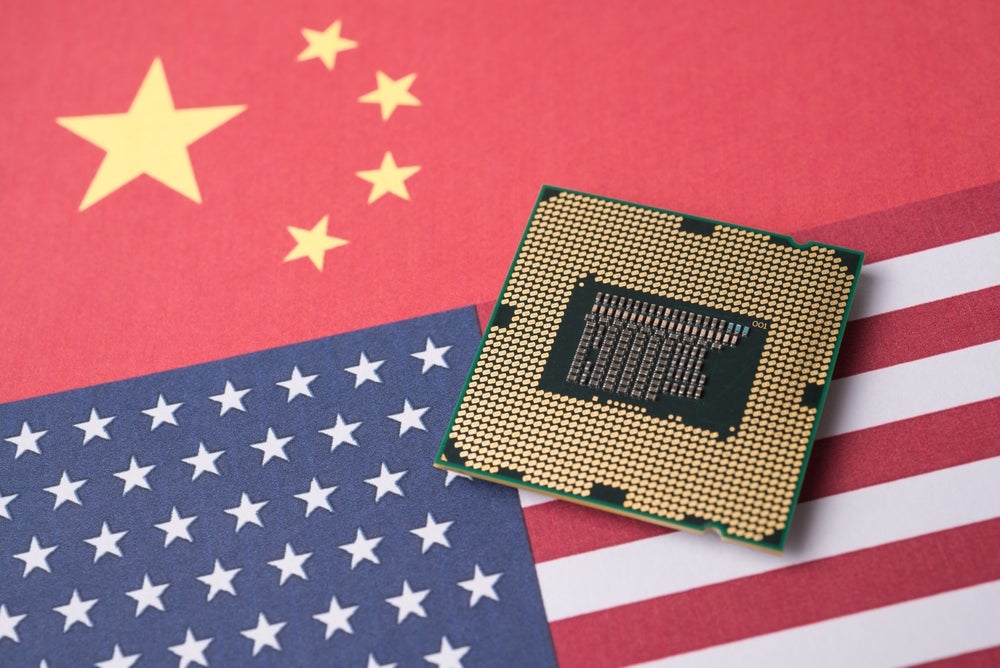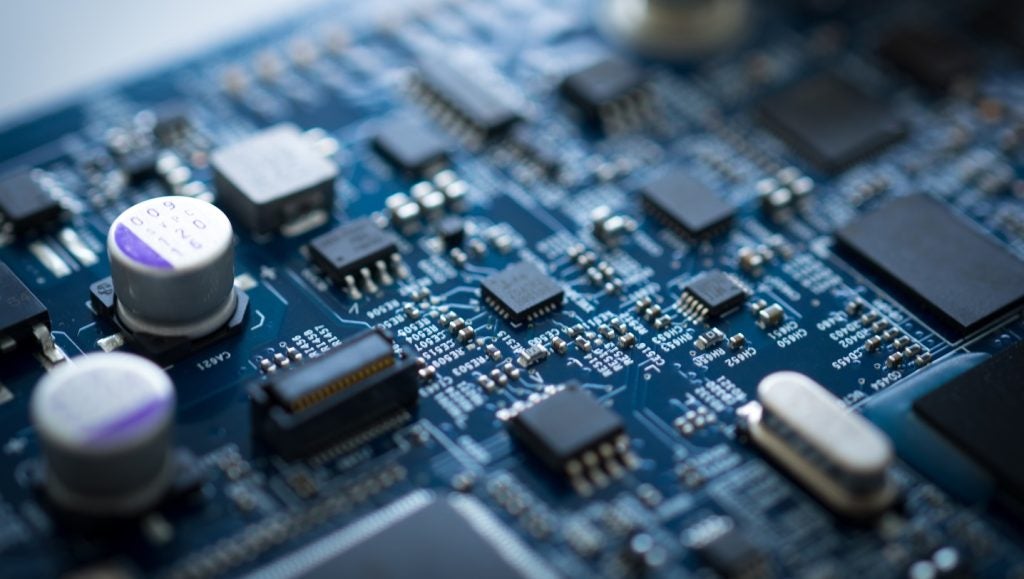Chaebols – from the Korean words ‘chae’ (wealth) and ‘bol’ (clan) – are family-run business conglomerates that dominate South Korean industry. Chief among them are Samsung, Hyundai, LG, SK, and Lotte. The chaebols emerged during the 1960s and 70s, a product of South Korea’s economic transformation, which started after Park Chung-hee took power via a military coup in 1961. Park’s administration focused on growing South Korea’s economy by incentivizing Korean companies to increase exports and enter new industries such as steel production, shipbuilding, and electronics. Incentives included easier access to foreign credit, subsidized loans, and tax breaks.
According to Edward M. Graham in ‘Reforming Korea’s Industrial Conglomerates’, Park’s economic strategy ultimately resulted in the advancement of a few companies—the antecedents of the modern-day chaebols.
Firstly, the scale of upfront investment required to develop heavy industries such as shipbuilding, coupled with South Korea’s relative inexperience in such industries, meant foreign lenders would only invest if the Korean government guaranteed repayment. Since the Korean government could responsibly guarantee only so many foreign loans, it could advance only a limited number of companies.
Naturally, companies that were cozy with Park’s government were better placed than others to get preferential treatment. Secondly, technological hurdles and critical skills gaps caused numerous new entrants to go bankrupt. These companies were often acquired by their competitors (the emerging chaebols), who simultaneously bolstered their industry presence and whittled down the competition. In this way, a small number of companies began to dominate the new industrial sectors that Park’s government had chosen to prioritize, laying the foundations of modern-day South Korea.
How influential are the chaebols now?
Today, the chaebols remain a powerful force in South Korea. They underpin the national economy. According to the Bank of Korea, the 2019 total revenues of the five largest South Korean companies alone represented 44% of South Korea’s 2019 GDP. Samsung Group is the largest company in South Korea. The 2021 revenues reported by Samsung Electronics alone represented 14% of South Korea’s 2021 GDP. Moreover, the chaebols typically enjoy cozy relationships with the South Korean government. The families that run the chaebols are some of the richest in South Korea, and among the most well-connected to boot.
The power this has accrued to the chaebols is double-edged. The chaebols have in abundance the resources and connections to influence the government. Simultaneously, the chaebols’ lobbying power and economic importance limit how far the government can or will control them.
On August 12, 2022, it was announced that Lee Jae-yong, the vice chairman and de facto head of Samsung, would be officially pardoned by President Yoon Suk Yeol after his conviction in 2017 for bribery and embezzlement. Lee had been found guilty of paying $8 million in bribes to then-President Park Geun-hye to secure support for a controversial merger in 2015 that would consolidate Lee’s control over the Samsung group. Lee was sentenced to five years in prison in 2017, and Park to 22 years in 2018 for corruption and abuse of power. The South Korean government argues that Lee’s pardon will assist the country’s post-pandemic recovery by restoring stable leadership to South Korea’s largest company.
Whether it was precipitated by an honest assessment of the economy or lobbying behind closed doors, Lee’s pardon highlights the problems inflicted on South Korea’s politics and economy by a small number of family-run industrial conglomerates.
What problems are the chaebols causing?
The asymmetrical power dynamic between the government and the chaebols can be seen in many of the corruption scandals that have plagued South Korea over the last two decades.
On the one hand, the chaebols have consistently proven that they are willing and able to illicitly influence the South Korean government to further their own agendas. The chaebols have been at the center of numerous corruption trials over the last twenty years. The incarcerations of Lee Jae-yong and former president Park Geun-hye are merely some of the latest in a long series of chaebol-centric scandals. In 2018, Lee Myung-bak, Park Geun-hye’s presidential predecessor, was sentenced to 15 years in prison after he was found guilty of embezzling $22 million and accepting $10 million in bribes from Samsung and other South Korean companies. In 2012, a South Korean military officer was jailed for accepting bribes from LG.
On the other hand, the government has consistently failed to hold corrupt chaebol executives to account for their crimes. Again, Lee Jae-yong’s pardon is merely the latest in a tradition of undue leniency. For instance, Lee’s father, Lee Kun-hee (former chairman of Samsung), was pardoned by then-President Lee Myung-bak in 2009 after being convicted of tax evasion and embezzlement. In 2016 Chae Tey-won, the chairman of SK, was pardoned after being convicted of embezzlement in 2013. Chae was sentenced to four years in prison but served only half of his sentence. Regular visits from lawyers and SK officials during Chae’s incarceration probably enabled him to remain in de facto control of the company. Interestingly, an SK official argued at the time “we need [Chae’s] management ability and leadership for the company’s stable growth”, which eerily echoes the South Korean government’s rather lame justification for Lee Jae-yong’s recent pardon.
What does the future hold?
Back in 2017, it looked like the South Korean government might begin to harden its stance on the chaebols. The corruption trial that landed both Park Geun-hye and Lee Jae-yong in prison was spurred by enormous and regular protests against corruption throughout South Korea. Later that year, Moon Jae-in won the presidential election by campaigning on an anti-corruption platform.
However, things have stalled in the last year. In December 2021, President Moon Jae-in pardoned ex-President Park, despite her 22-year prison sentence. Now, with Samsung’s heir similarly pardoned, it seems that those in deep with the chaebols will remain above the law after all.







